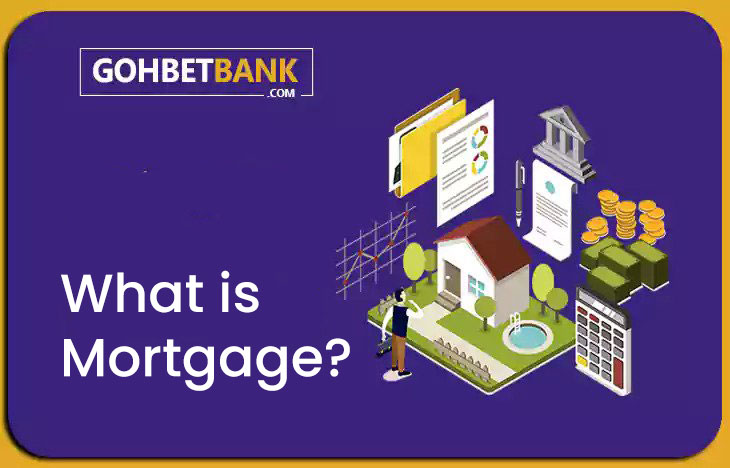
What Exactly Is a Mortgage? Loan Fundamentals for Beginners
Owning a home is part of the Ethiopian dream for many people. Obtaining a mortgage is only one step in the process for the majority of Ethiopian homeowners.
If you’re thinking about becoming a homeowner and aren’t sure where to begin, you’ve come to the right place. We’ll go over loan types, mortgage jargon, the home buying process, and more in this section.
Defining Mortgage
Before we get started, let’s go over some mortgage fundamentals. First, what exactly does the term “mortgage” mean?
A mortgage, also known as a mortgage loan, is an agreement between you (the borrower) and a mortgage lender to purchase or refinance a home using the lender’s funds. This agreement gives lenders the legal right to repossess a property if you fail to meet the terms of your mortgage, most commonly by failing to repay the principal plus interest.

Who Qualifies for a Mortgage?
The majority of people who purchase a home use a mortgage. If you cannot pay the full cost of a home out of pocket, a mortgage is required.
There are some situations where having a mortgage on your home makes sense even if you have the money to pay it off. For example, investors may mortgage properties in order to free up funds for other investments and to benefit from tax breaks.
What differentiates a loan from a mortgage?
Any financial arrangement where one party receives a lump sum and agrees to repay the money is referred to as a “loan.”
A mortgage is a specific kind of loan used to fund real estate. Loans that are “secured” are mortgages. In the event that they default on a secured loan, the borrower pledges collateral to the lender. The house serves as the collateral in a mortgage situation. In a procedure called as foreclosure, your lender may seize possession of your home if you stop paying your mortgage.
How Do Mortgage Loans Function?
Your lender will pay you a certain sum of money to purchase the home when you obtain a mortgage. You consent to repay your loan over a number of years while paying interest. As long as the mortgage is not paid off in full, the lender still has a right to the house. Loans that are fully amortized have a defined payment schedule that ensures the loan is repaid at the conclusion of your term.
A mortgage differs from other loans in that your lender may sell your property to recuperate its losses if you are unable to make loan payments. Compare that to what happens if you don’t pay your credit card bill: Although you may have to pay late penalties to bring your account current and deal with bad effects on your credit score, you are not required to return the items you purchased with the credit card.
